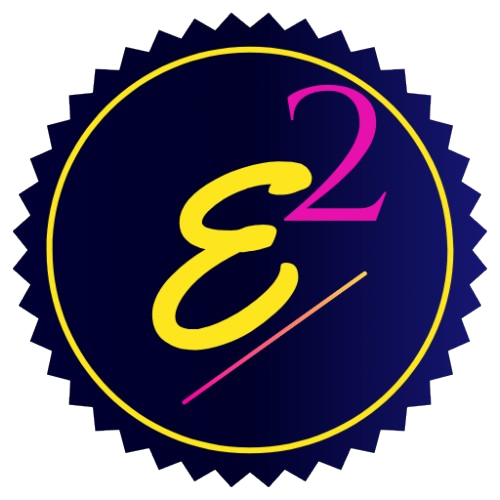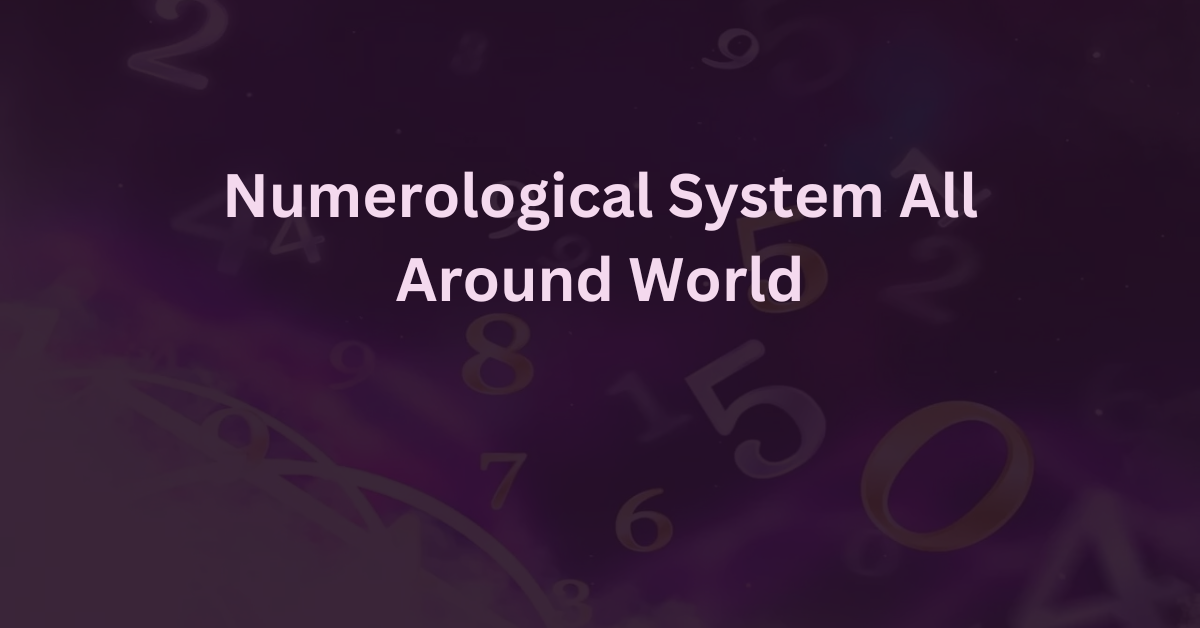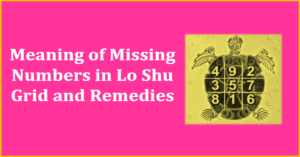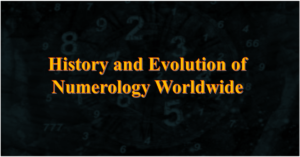Numerological System All Around World
Numerological systems have been found all over the world. Numerology interpretations can vary across cultures and regions, reflecting the diversity of beliefs and traditions worldwide. While there isn’t a strict “country-wise numerology” system, different cultures have their own unique perspectives on the significance of numbers. These are some of those systems:
Africa (Divination Numerology): Divination – or prediction – is one use for numerology. It is based on a combination of using the numbers 1 to 9 and of ‘signs’ from nature. Where forces outside these two come into play numerology may seem to fail, but as a rule divination is accurate when using numerology.
America (Mayan Numerology): The Mayan numerological system is based on many methods; the numbers 1 to 4, 1 to 13 Tones, and the 20 Sacred Signs, all of which are associated with different directions in life. The ancient Mayans devised a calendar for world events based on divination; they also held strong esoteric beliefs.
Greece (Pythagorean Numerology): Pythagoras developed a practical system of numerology using 1 to 9. His system was based on dates of birth and names. Pythagorean Numerology is also known as Western Numerology. It is based on Pythagora’s teachings, the famous Greek philosopher. In this system, each alphabet has been assigned a numerical value from 1 to 9 that is used for calculations and analysis. Pythagorean numerology is also known as modern numerology and starts with six primary numbers. Three of these numbers are derived from the native’s birth date, and the other three come from the name. And these six numbers ideally give a clear insight into who they are and how they can improvise their lives. It basically decodes everything that lies behind the birth, date, and name of the person.
Israel (Gematria Numerology): Gematria (Hebrew) is a section of the cabbala, which is an ancient book of wisdom, and is based on a system whereby the phonetic sounds of letters in names are translated into numbers. Great significance is placed upon the power of names, which are believed to carry information both from the individual’s past life and on their potential for the future. ebrew numerology is based on the fact that Hebrew numbers are traditionally written by using letters of the Hebrew alphabet. Each Hebrew letter corresponds to a number, with no notation for zero. In Israel today, Hebrew numerology is used to write the Hebrew date, to cite to traditional sources like the Bible, and to number lists or outlines. Because Hebrew numbers are formed with letters, you may hear Israelis using the sounds of the letters instead of the proper word for the number.
Tibet (Esoteric Numerology): Esoteric teachers, or teachers of that which is hidden in everyday life, such as Djwal Khul and El Morya, were among the last two centuries’ greatest teachers of this system. It stems from a deep understanding of the concepts and ideas behind each number. It is based on the numbers 1 to 9 taken from the date of an individual’s birth, and was mainly used for spiritual development and for the benefit of spiritual leaders. Ancient Tibetan scripts still survive which give details of numbers that connect people to their inner wisdom and potential in life.
India (Vedic Numerology): Indian numerology, often associated with Vedic traditions, considers the influence of numbers on an individual’s life path. In Vedic numerology, specific numbers are associated with different planets, and calculations involve the birthdate, name, and destiny numbers.
Japan (Hanjo Numerology): Japanese numerology, known as “Japanese Hanjo,” places significance on the pronunciation of numbers. The number 9 is considered lucky because it sounds like the word for “long-lasting” or “forever.”
China (Chinese Numerology): Chinese numerology is often referred to as “Chinese Numerology” or “Chinese Numerology System.” In this system, numbers are assigned meanings based on their pronunciation in the Chinese language. The practice is deeply rooted in Chinese culture and beliefs, where certain numbers are considered lucky or unlucky due to their phonetic similarity to words with positive or negative connotations. For example, the number 8 is highly regarded as lucky in Chinese culture because its pronunciation, “ba,” sounds similar to the word for “wealth” or “prosper.” On the other hand, the number 4 is often considered unlucky because it sounds like the word for “death.“ Chinese numerology also plays a role in various aspects of life, such as choosing auspicious dates for events like weddings or business openings. While the practice may not have a specific formal name, it is an integral part of Chinese cultural traditions and superstitions.
Western (Pythagorean Numerology) : In Western cultures, Pythagorean numerology is widely practiced, focusing on core numbers such as the Life Path Number, Expression Number, and others. Modern or contemporary numerology in the West may incorporate various influences, including elements from different traditions. For details, watch this video: https://youtu.be/unMa-vbjxjs




